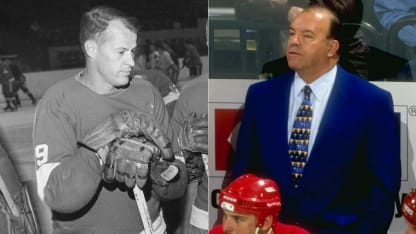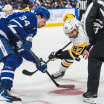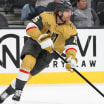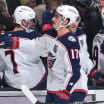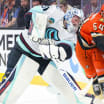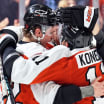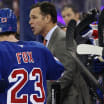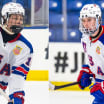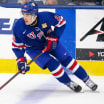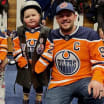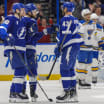"That was before televised hockey, which started in 1952 or 1953. I can remember, I was only 15 when I used to go up to the Montreal Forum. I was playing midget hockey, then junior. I'd always look forward to the Montreal-Detroit games because they were the two top teams, of course.
"It was such a rivalry. The Rocket and Gordie Howe, there's nobody even close in my eyes. Jean Beliveau came along later, around 1953. During that time, everybody would always say, 'Who's the better of the two, the Rocket or Howe?' They'd say, 'if you want to fill a rink, the Rocket would fill it. If you want to win championships, Gordie would be there.'
"Gordie was as tough as there was. As prolific as there was. And a wonderful person. After I got to Detroit and started coaching his son Mark, Gordie came around quite a bit in the 1990s, from 1993 to 2002. Gordie was in Detroit a lot, he came to all our playoff games and he used to hang around the dressing room.
"One of his closest friends became Jean Beliveau. Right from the get-go, they were both represented by [agent] Gerry Patterson, who was more a guy getting endorsements. They both had endorsements from Eaton's [department store], among the first hockey players who ever got endorsements. They were friendly rivals. Even in their post-hockey careers, they were very close.
